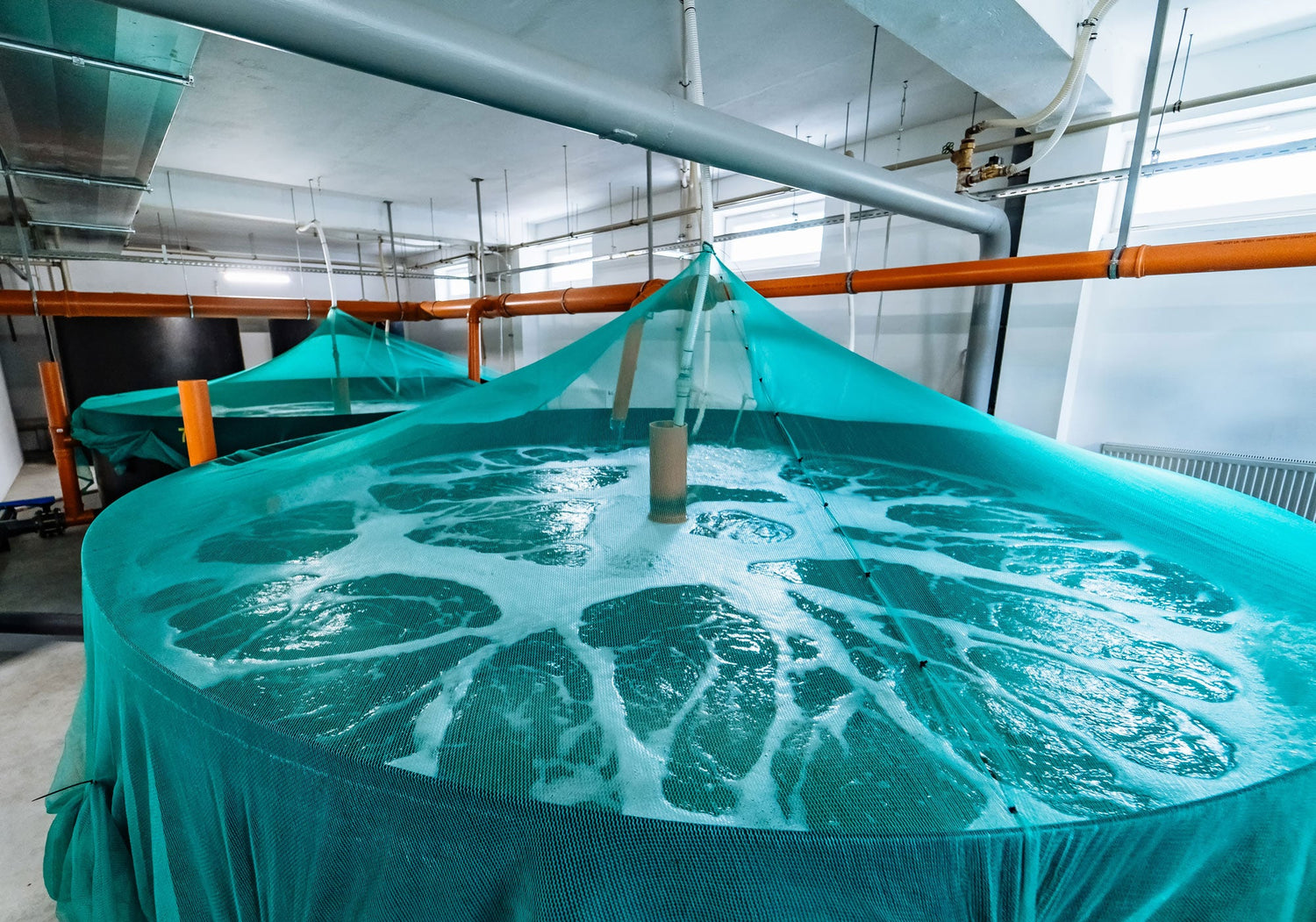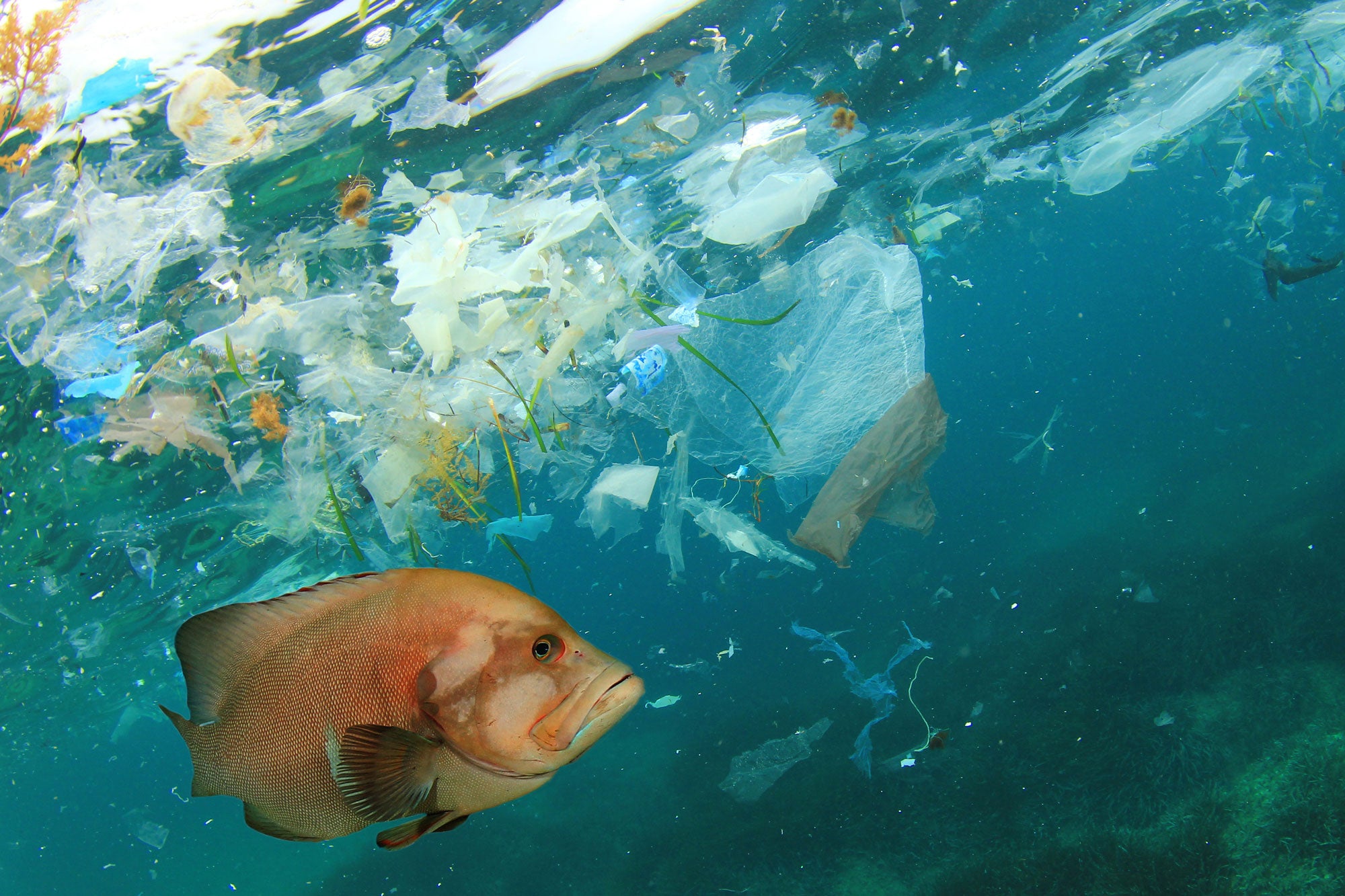As microplastic pollution becomes an increasingly urgent environmental concern, scientists and innovators are working tirelessly to develop new materials and alternatives to reduce our reliance on conventional plastics. In this blog post, we will explore some of these groundbreaking solutions, demonstrating how science and technology are paving the way for a more sustainable and eco-friendly future.
Polyhydroxyalkanoates (PHA)
Polyhydroxyalkanoates (PHA) are a class of biodegradable polymers that have been proven to fully bioassimilate, meaning they break down into their fundamental building blocks and do not contribute to microplastic pollution. Derived from renewable resources like plant oils or sugars, PHA can serve as a more eco-friendly alternative to traditional plastics, particularly in single-use applications like packaging and disposable items.
Edible and Water-Soluble Packaging
Innovative edible and water-soluble packaging materials are gaining attention as a means to reduce plastic waste and eliminate potential sources of microplastic pollution. Examples include seaweed-based packaging, which can be eaten or safely biodegrade in the environment, and water-soluble films made from materials like polyvinyl alcohol (PVA) that dissolve upon contact with water.
Natural Fiber Textiles
Synthetic textiles, such as polyester and nylon, are significant contributors to microplastic pollution due to the release of microfibers during washing. Natural fiber textiles, like cotton, linen, and hemp, offer a more sustainable alternative, as they do not release microplastics and can be biodegradable under the right conditions. Additionally, innovative textile technologies, such as closed-loop recycling systems, can help reduce the environmental impact of the fashion industry.
Plant-Based Microbeads
Microbeads, commonly found in cosmetics and personal care products, are a significant source of primary microplastic pollution. Plant-based alternatives, such as those made from cellulose, apricot kernels, or jojoba beads, can provide the same exfoliating and polishing benefits without the harmful environmental consequences.
Eco-friendly Tire Technologies
Tire wear is another significant source of microplastic pollution. To address this issue, researchers are developing more sustainable tire technologies, such as those made from bio-sourced or recyclable materials, or using innovative tread designs to minimize wear and reduce microplastic emissions.Caution on Other Biodegradable Polymers
It is important to note that not all biodegradable polymers are created equal. For example, polylactic acid (PLA) requires an industrial composting facility to break down, and it may still leave behind microplastics. When choosing biodegradable materials, it is essential to verify that they fully bioassimilate to prevent microplastic pollution.Conclusion
The development of innovative materials and alternatives, like PHA, is crucial for creating a microplastic-free future. By supporting these groundbreaking solutions and adopting more sustainable practices, we can reduce our reliance on conventional plastics and contribute to a healthier, cleaner environment for generations to come.



Leave a comment
This site is protected by hCaptcha and the hCaptcha Privacy Policy and Terms of Service apply.